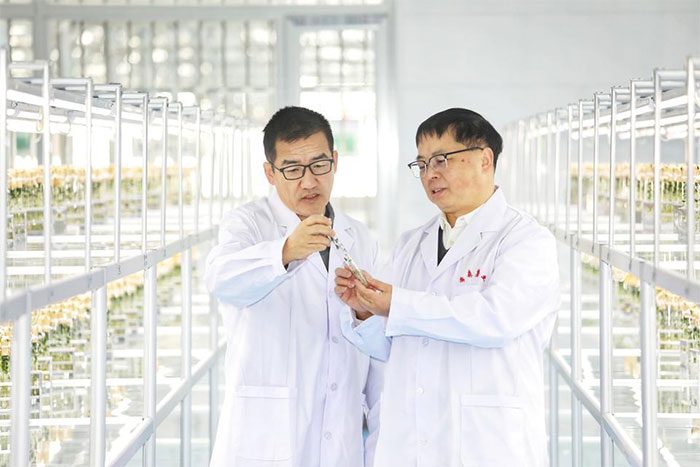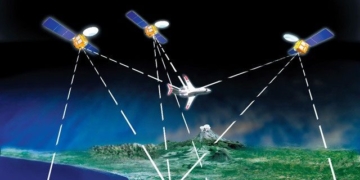A large quantity of potato seeds brought back from space by the crewed spacecraft Shenzhou-16 has officially begun trial planting in China.
66,500 potato seeds belonging to 20 combinations have recently been handed over in Shunyi District, Ulanqab City, Inner Mongolia Autonomous Region, China.
According to Xinhua News Agency, these seeds have traveled in space for over 180 days and have been transferred by the National Potato Technology and Engineering Research Center of China to the Shunyi Potato Technology Innovation Center for trial planting and subsequent evaluation and appraisal steps.

These seeds have traveled in space for more than 180 days. (Illustrative photo).
Mr. Zhang Linhai, Director of the Shunyi Potato Technology Innovation Center, stated that space breeding is becoming an important method for creating new genetic resources in China. The next steps will involve germination, seedling cultivation, and planting these “space potato seeds”, while continuously conducting assessments, evaluations, and selection of new potato varieties.
It is known that the breeding process will utilize the most advanced gene editing technology to support traditional genetic breeding, aiming to precisely edit the potato genome, accelerate the quality enhancement process, and significantly shorten the breeding cycle from over 10 years to just a few years.
Space breeding, also known as space mutation breeding, involves placing seeds in a special environment in space, subject to harsh conditions such as microgravity, weak geomagnetic fields, strong radiation, high vacuum, extremely low temperatures, and ultra-clean conditions, causing genetic changes in the seeds. Compared to traditional breeding, the greatest advantage of space breeding is the high mutation rate, short breeding cycle, and the potential to create genetic resources with superior traits such as high yield, early maturity, and pest resistance. This is an essential method for generating new genetic resources.


















































